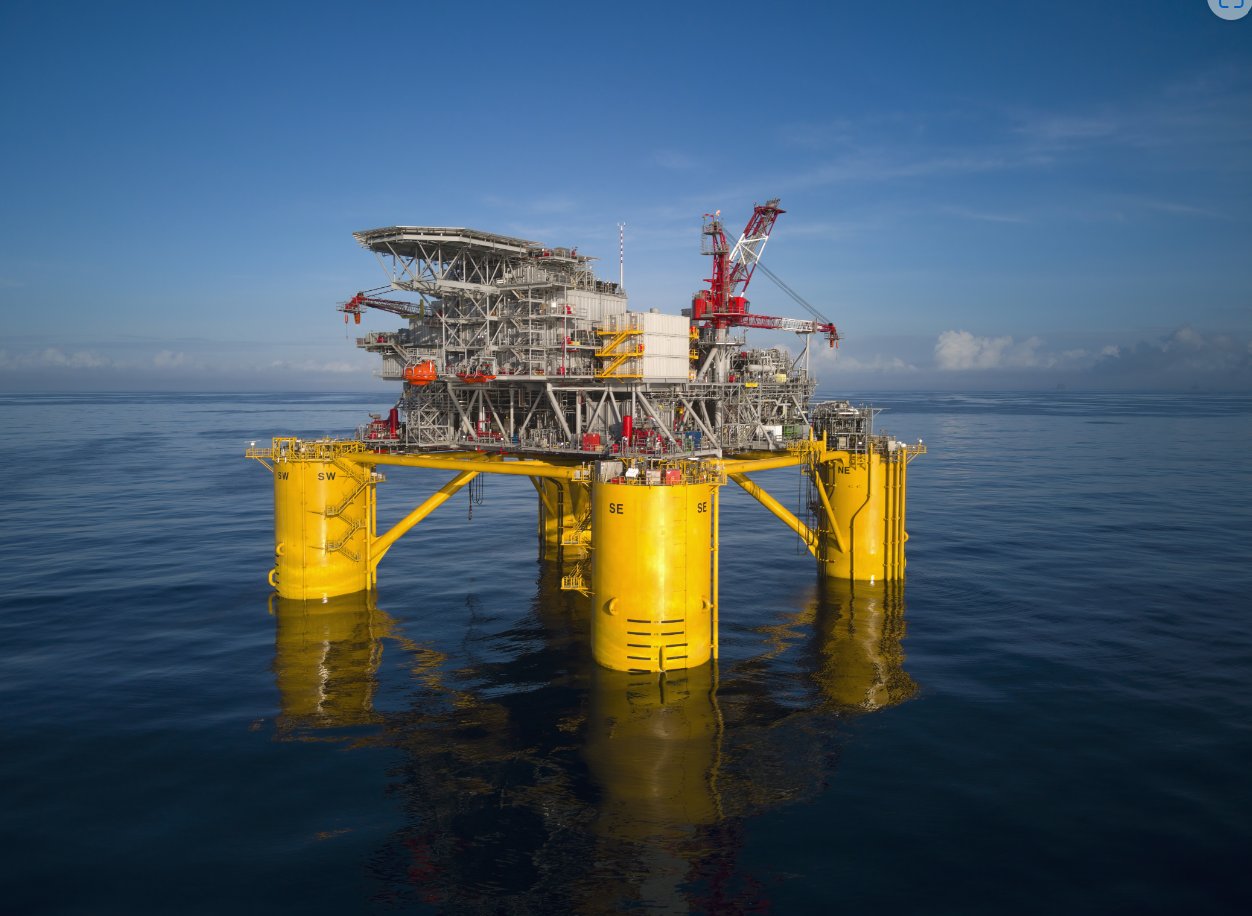News
Outrage at Sea: Shell’s West Coast Drilling Plan Sparks Uproar

“These oceans are our life,” says one Northern Cape fisher, as a fresh wave of drilling approval ignites deep concern along South Africa’s coastline.
Shell’s latest oil and gas exploration project has triggered a storm of backlash from coastal communities and environmental groups, after the government granted the global energy giant the green light to begin ultra-deep drilling off the west coast.
The controversial project, approved on 30 June by the Department of Mineral and Petroleum Resources, will allow Shell to explore a stretch of ocean between Port Nolloth and Lambert’s Bay — 300 kilometres offshore in waters more than 2,500 metres deep. Shell announced the approval on Friday, hailing it as a step towards securing South Africa’s energy future.
But for small-scale fishers and activists, it feels more like a step backwards
“A Slap in the Face”
Civil society organisation The Green Connection has condemned the decision, accusing the government of ignoring repeated objections from coastal communities. Advocacy officer Lisa Makaula called the authorisation “a slap in the face” to small-scale fishers who rely on the ocean for their livelihood.
“These communities have consistently raised concerns about the potential impact on their future,” said Makaula, noting that the Green Connection and legal advocacy group Natural Justice submitted extensive objections in both August and December last year.
Shell’s drilling rights include permission to drill up to five ultra-deep wells, each taking up to four months. The process will involve a drillship and support vessels, sonar mapping, seabed sampling, and remote-operated underwater inspections. Once drilling is done, wells will be sealed with cement plugs, and the area cleared.
Fishers Fear Cultural and Economic Devastation
For the fishing communities along the Northern Cape, the decision feels personal — even existential.
Walter Steenkamp, a small-scale fisher from Port Nolloth, was candid: “We need a healthy ocean to survive. How can they approve something that could destroy our future?”
In Doringbaai, fisherwoman Deborah de Wee shared her frustration: “This is how we survive, and how our people have survived for generations. These projects don’t just threaten our food security — they threaten our way of life.”
She worries the next generation won’t inherit the same connection to the sea. “With this decision, it feels like we are being robbed of our fishing culture.”
The Climate Contradiction
Beyond livelihoods, environmentalists say the project sends a dangerous message in the face of a global climate emergency.
Despite Shell’s claim that new resources could help meet South Africa’s energy needs, critics argue the move contradicts global climate science. Makaula pointed out that gas — often branded as a “transition fuel” — is still a fossil fuel. Its methane emissions, she said, are far more harmful than carbon dioxide over a 20-year period.
“Climate scientists agree: new oil and gas projects are not compatible with keeping global warming below 1.5°C. Approving this now undermines South Africa’s climate goals,” said Makaula.
Context: A Coastline Under Pressure
This is not Shell’s first clash with South Africa’s coast. In 2021, its plans for seismic surveys along the Eastern Cape’s Wild Coast sparked similar outrage and were ultimately halted by court action.
Now, the west coast finds itself in the crosshairs — a region known for its biodiversity, rich marine ecosystems, and cultural fishing traditions that stretch back generations.
Environmental groups warn that the drilling and seismic activities could harm marine mammals, fish stocks, and fragile underwater habitats — with ripple effects that would hit communities the hardest
What Comes Next?
Shell’s EIA approval is conditional, requiring compliance with environmental safeguards. But for many, no regulation feels enough to offset the perceived risks.
With tensions mounting and opposition growing, legal challenges may once again be on the horizon. Community organisations have vowed not to back down.
As debates over energy, economy and environment intensify, South Africa’s ocean has become a battleground — not just of policy, but of identity, survival, and legacy.
Source:Business Day Live
Follow Joburg ETC on Facebook, Twitter , TikTok and Instagram
For more News in Johannesburg, visit joburgetc.com



























